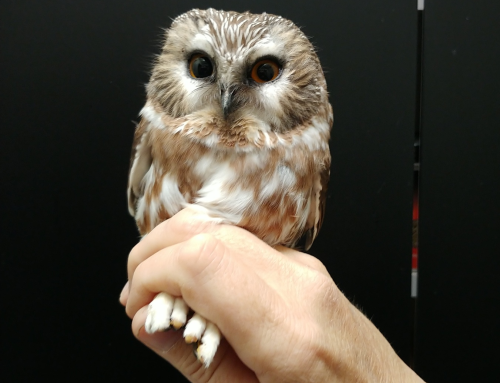*** Update: Speaker Announcement! ***
At our next meeting on Tuesday, May 27 at 7 p.m. (via Zoom) we are excited to welcome Jennifer Doubt, Curator of Botany at the Canadian Museum of Nature. Jennifer will be talking about the National Herbarium of Canada, which she manages. A herbarium (plural: ‘herbaria’) is essentially a library for plants. The national collection includes over one million specimens of dried and pressed plants (and algae and lichen) collected over the past 250 years. Now, more than ever, herbaria are critical resources as we face a rapidly changing climate.
If you’d like to attend the meeting to hear Jennifer speak, please register in advance by following this link: https://us02web.zoom.us/meeting/register/7qP-1lynTjmplOqnvqI7PA
OFNC Book Club Reads: Dispersals by Jessica J. Lee
 “Plants are often considered static,” author Jessica J. Lee writes. “But when I think of seed, of blossom, root, and rhizome, it is movement that I think of.”
“Plants are often considered static,” author Jessica J. Lee writes. “But when I think of seed, of blossom, root, and rhizome, it is movement that I think of.”
Lee’s book Dispersals: On Plants, Borders, and Belonging (Catapult, 2024) is the OFNC Book Club Pick for April and May. In this exploration of displaced plants (and people), she looks at species that have been moved intentionally (to create valuable crops or for scientific research) and unintentionally (those notorious, and perhaps misunderstood, ‘invasives’). From mangoes and tea plants to mosses and pines, the plants that Lee writes about have fascinating histories that stretch across the Earth.
Lee, an environmental historian, is no stranger to crossing borders. Born and raised in Canada to parents who immigrated here in the 1970s (her mother is Taiwanese and her father is Welsh), she now lives in Berlin and teaches at the University of Cambridge.
In an interview last April in The Cut, Lee shared some inspirations behind the book, including Robin Wall Kimmerer’s Gathering Moss. “Everyone always talks about Braiding Sweetgrass, but I’ve always been a Gathering Moss girl,” she said. “[Kimmerer] modulates between that very intimate, personal voice of her daily life and the work she’s doing out in the field cataloguing mosses so seamlessly that it drives home this understanding that we’re not just subjective beings in one part of our lives and objective in others. It doesn’t work that way; we bring our whole selves to everything we do.”
Other inspirations included English botanist and photographer Anna Atkins’s cyanotypes of seaweed from the 19th century and the book Kamikaze, Cherry Blossoms, and Nationalisms by Emiko Ohnuki-Tierney.
Dispersals will be the focus of the book club’s next meeting on Tuesday, May 27, 2025 at 7 p.m. on Zoom. All OFNC members are welcome, whether you’ve finished the book or not (though please note that you must have an OFNC membership to join). This will be the book club’s last meeting before taking a break for the summer. We will return in the fall.
If you’d like to attend the meeting, please register in advance by following this link: https://us02web.zoom.us/meeting/register/7qP-1lynTjmplOqnvqI7PA
Interested in More Book Club News?
For first access to OFNC Book Club announcements, surveys, and voting, email ofncbookclub@gmail.com with your name and email address to get on the mailing list.
We read nature-focussed non-fiction titles and meet roughly every two months online (via Zoom).



Leave A Comment